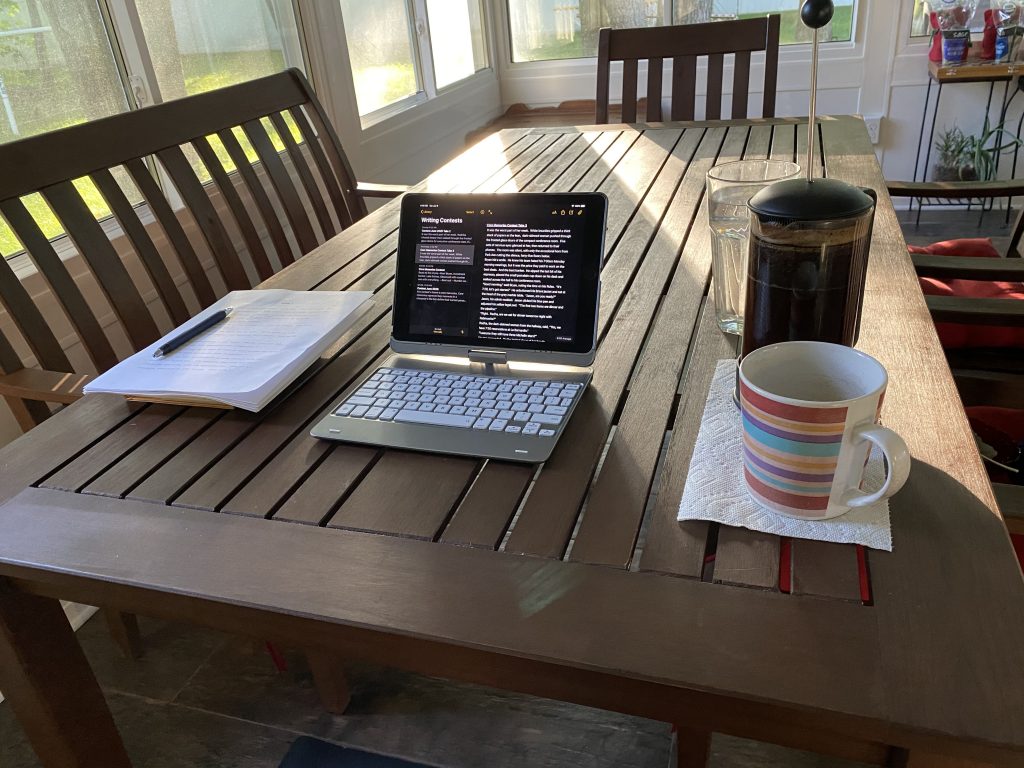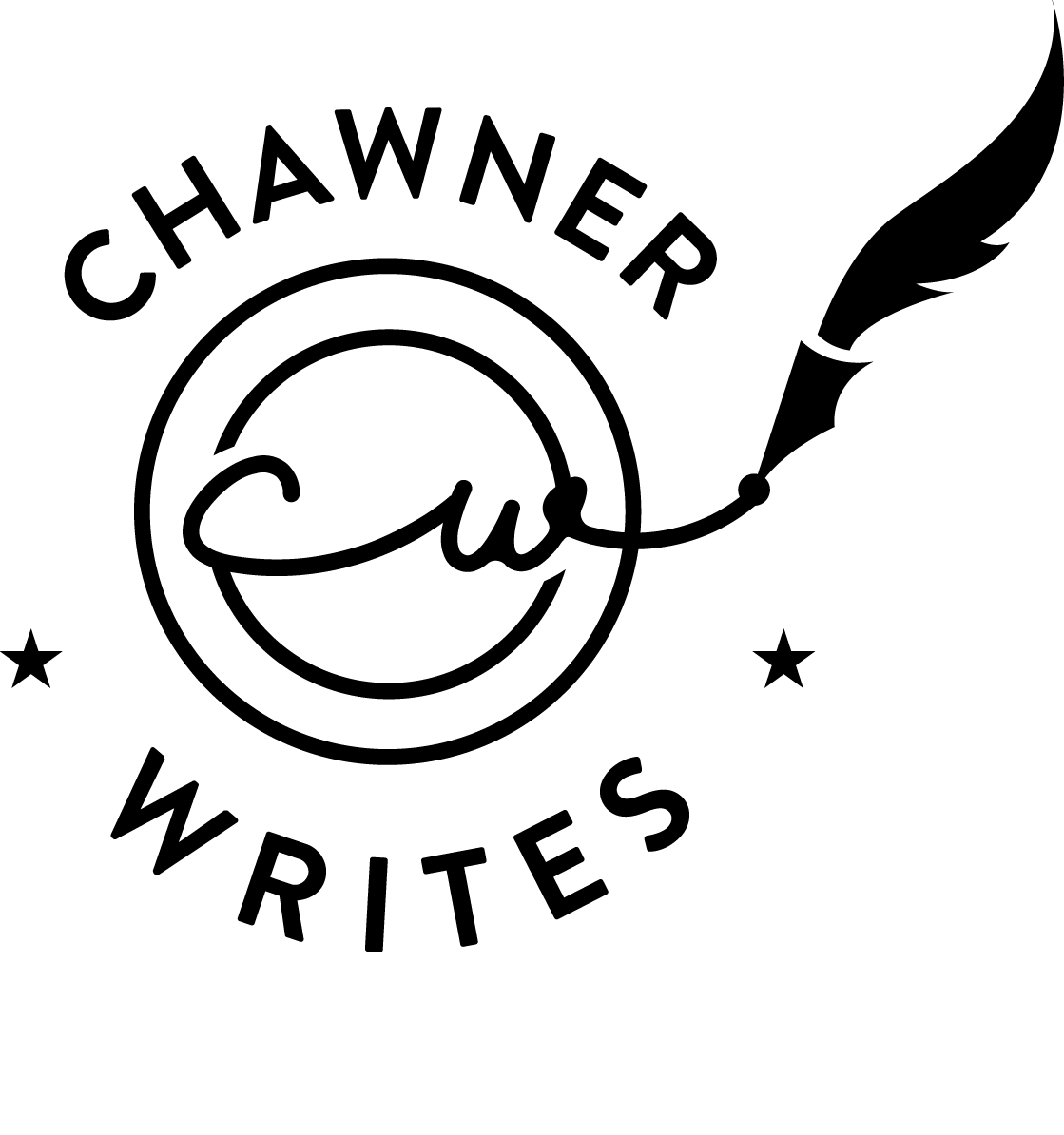
*I wanted to document where I am in the “writing journey”, what I’ve done and how I’m feeling. *
Goals:
My goals have grown over the past six months. Originally, I wanted to publish one story. Or, more exactly, create a story that was publishable. Writing a short story about a futuristic world seemed very reasonable. With Creating Short Fiction as my guide, I tried write like a pantser. The piece was a disaster; it had a mildly interesting character in a near-future world. But no coherent plot, or tension, or believable secondary characters. And the writing was loose, the opposite of tight, very loose. When I wrote that first story, I hadn’t even heard of “tight writing”.
Now, I want to be a better writer, a better storyteller, a creator of worlds and characters. To write honestly and without fear. And share these stories and worlds others. I don’t have illusions of grandeur; my conservative goal is for a hundred people to read my stuff, not counting friends and family.
Routine:
We are coming out of the Great Quarantine of 2020 (or at least trying). When I started, I still had my old routine; commuting to the city four days a week, working from home one day a week. My daily goal was to write five hundred words every morning. I did this four to five times a week but there were days when I couldn’t find the time. Starting in March, however, I’ve been writing every morning. Haven’t missed one day. Now, the routine is an entry in the 5-minute journal, then my 3 pages of longhand Morning Pages. After the journaling, I meditate for 20-30 minutes, make a carafe of French Press coffee (from Monmouth County’s own Fair Mountain Roasters) and sit in the sunroom with my iPad to write.
This is the 500 words-don’t-worry-if-it’s-any-good part. Some days it flows; some days 500 words takes a full hour. I considered increasing this count, maybe to 750 or 1000, but I read an interview with Hemingway (a fantastic interview, done by George Plimpton for the Paris Review-Hemingway is cranky but still discusses interesting stuff) where he writes for four to five hours every morning, first thing… but only puts out 5-600 words. I’m not obsessed with word counts, but that was eye opening. He puts a lot more thought into what he writes than I do. I’m not Hemingway, though, and I never will be. I can strive to be like Hugh Howey; his work is excellent, an expert at a world building, good plots, good enough characters, rhythmic wording… but it’s not literary or high end.
Then I edit. I dump the first edit into the ProWriter tool, which finds my obvious issues. After cleaning and tightening it a bit, I read it again like a reader. This is where the real editing happens. My attitude toward these sessions makes all the difference; if I think the piece is good before I start, I see the flaws, the horrible writing, the tremendous gaps in character development. If I think it’s terrible going in, I am usually drawn to the better parts. I enjoy the tinkering part of editing; tightening, cutting ruthlessly, etc. Making big changes, like committing to rewriting entire scenes or chapters, or even trying to work something into an existing passage, is very hard.
